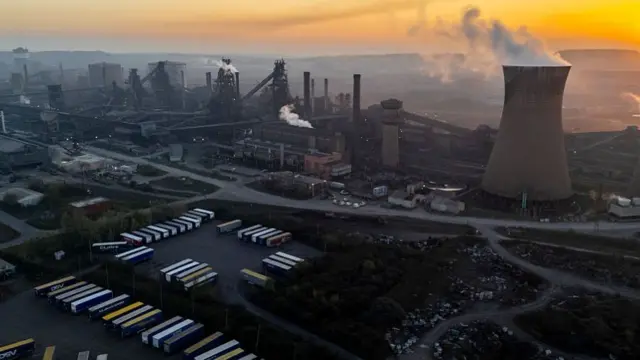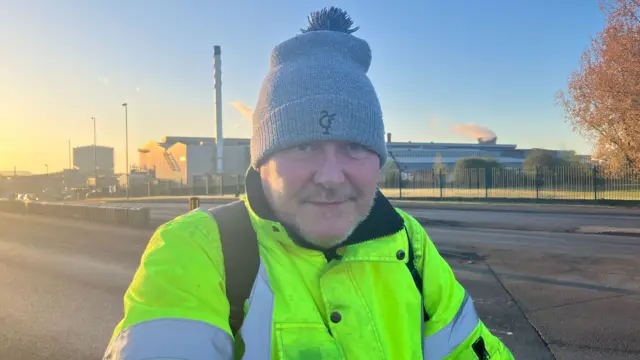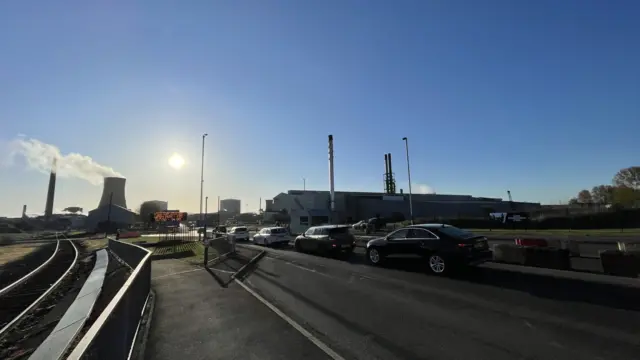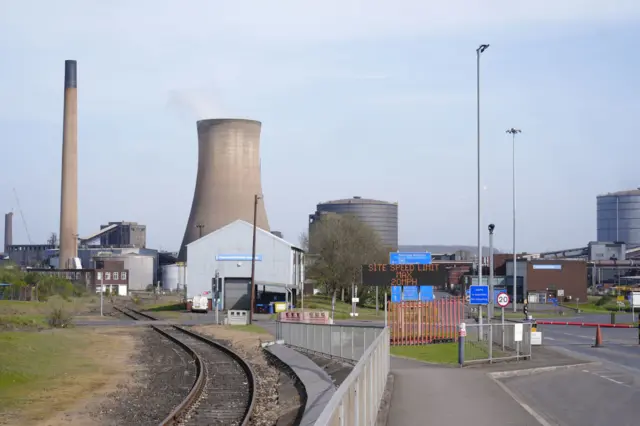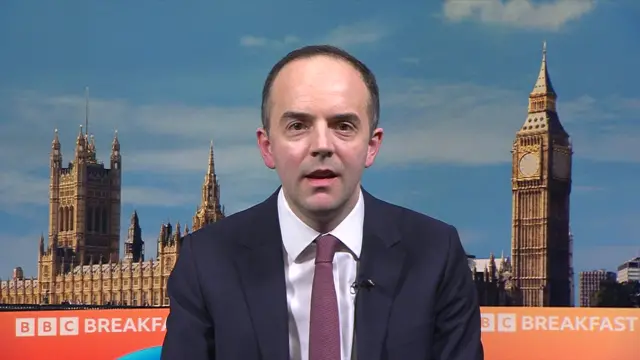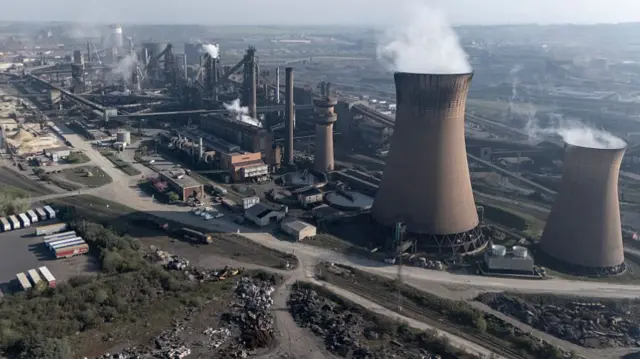What you need to know: British Steel workers 'optimistic' as China respondspublished at 10:17 BST 14 April
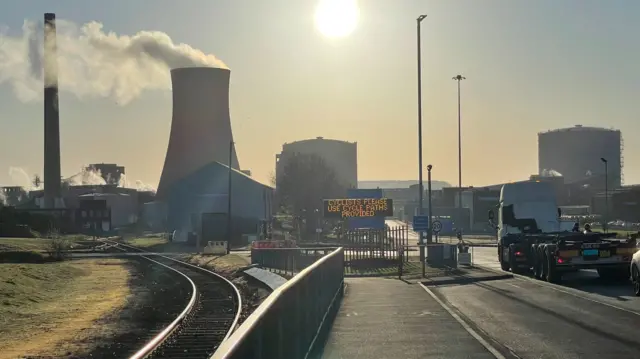
The prospect of British Steel's closure looks a little less likely after the government stressed that help is on the way for the Scunthorpe plant.
Here's a quick look at where things stand at mid-morning:
- Beijing has warned the UK against "politicising" negotiations around the British Steel plant, saying the two sides "should negotiate and resolve the difficulties" on the basis of "mutual benefit"
- It comes after the government took over control of the Scunthorpe steelworks from Chinese firm Jingye - and accused them of behaving "irresponsibly"
- Without the vital supplies of coking coal and iron ore, the site's two blast furnaces will cool - and could be shut for good
- But a government minister tells the BBC this morning that those raw materials are "in the country" - and a union official says they will be unloaded in the next couple of days
- About 2,700 jobs are at risk at the site, but one worker tells the BBC today that he and his colleagues are feeling "a lot more optimistic"
